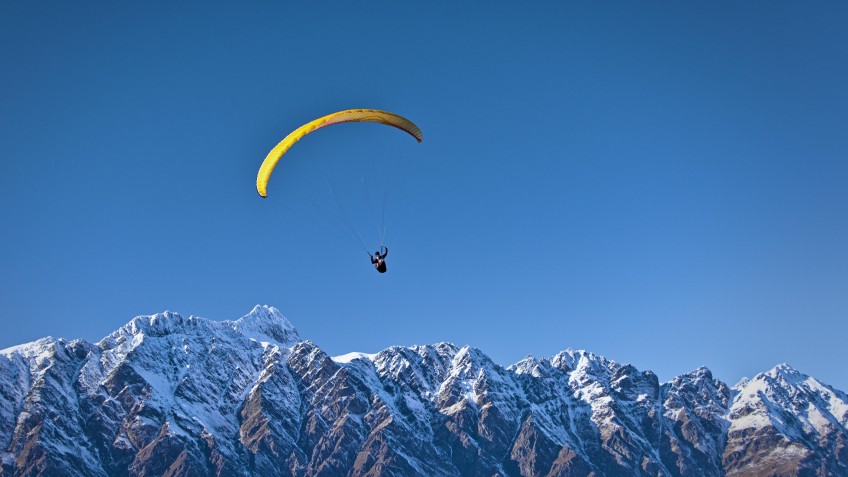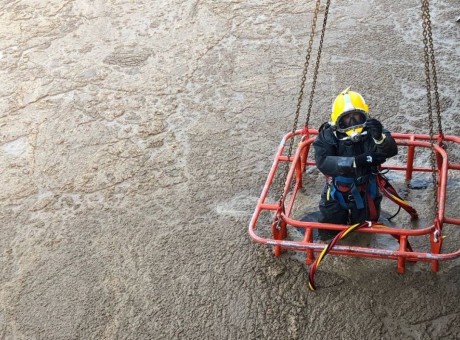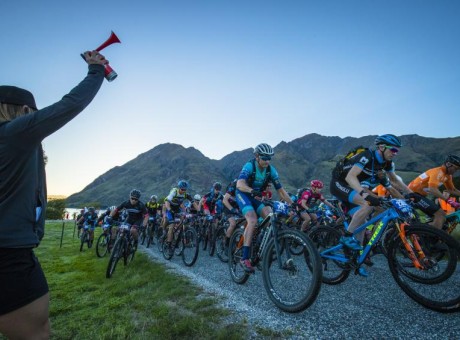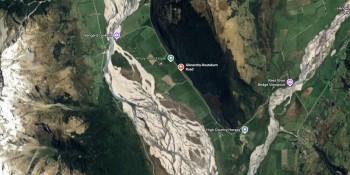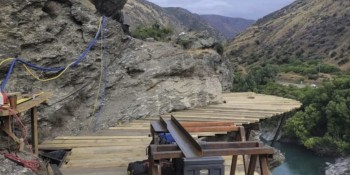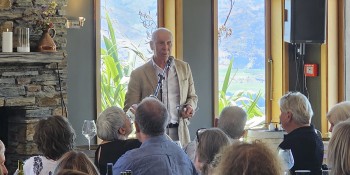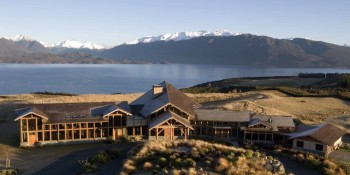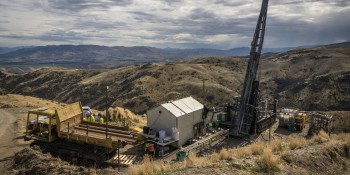New Otago Uni study reveals adventure activities help to achieve mental 'flow'
New Zealand is widely regarded as one big adventure playground, and a new study by the University of Otago has shed new light on the importance of engaging with the adventure recreation opportunities.
In a paper published by lead author Patrick Boudreau, and co-authors Dr Susan Houge Mackenzie and Professor Ken Hodge, an important motive for individuals engaging in adventure recreation is to achieve the psychological state of flow which is associated with many benefits.
“Flow is a mental state that occurs when a person’s skills are equal to the challenge at hand,” Mr Boudreau says.
“When the individual is completely engaged and immersed in the activity they are doing, they may experience flow.”
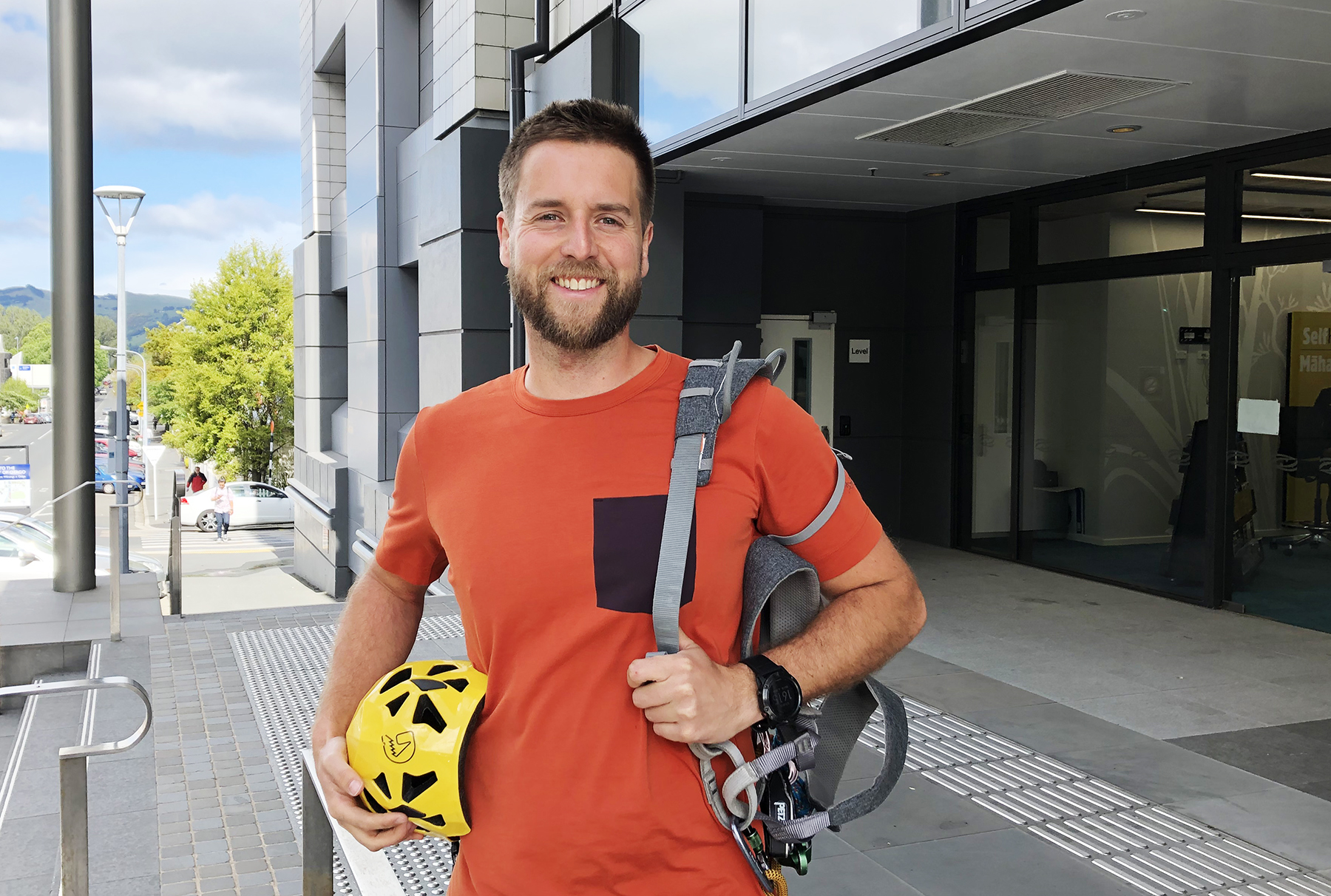
Study author Patrick Boudreau of the University of Otago
Mr Boudreau, who is completing a PhD on the topic of sport and exercise psychology, says experiencing flow is associated with many benefits for both physical and mental wellbeing.
“We found experiencing flow was correlated with positive mental well-being, ranging from enjoyment to self-fulfilment,” Mr Boudreau says.
“Other benefits that flow facilitates include better performance, intrinsic motivation, optimal performance and progression, which are perhaps all transferable skills that can be applied to other contexts such as the workplace.”
Adventure recreation is often portrayed and perceived as being focused on the desire for increased risk-taking, however, Mr Boudreau says reasons for wanting to do activities like rock-climbing or snowboarding are much more complex.
“Some individuals, for example, want to engage in adventure recreation because it allows them to enter a state of flow where they can feel like they are in complete control of what they are doing,” he says.
Mr Boudreau was drawn to his research as while instructing rock climbing during his Masters studies in Canada he witnessed the improving self-confidence and self-esteem of students overcoming challenges perceived as insurmountable.
The study published in Psychology of Sport and Exercise was the first systematic review of 20 research articles and 1179 participants in the psychology of adventure recreation which includes both extreme sports and more general adventure activities such as kayaking and skiing.
Mr Boudreau says the research highlights how participating in progressively challenging recreational activities aligned with our skill set can be an important part of our personal physical and mental development.
“The study supports re-engaging with the desire for exploration and adventure,” Mr Boudreau says.
“With New Zealand’s oceans, rivers, mountains, and lakes offering an abundance of outdoor recreation activities, now is the time to get outside and try something you have never done before.”


